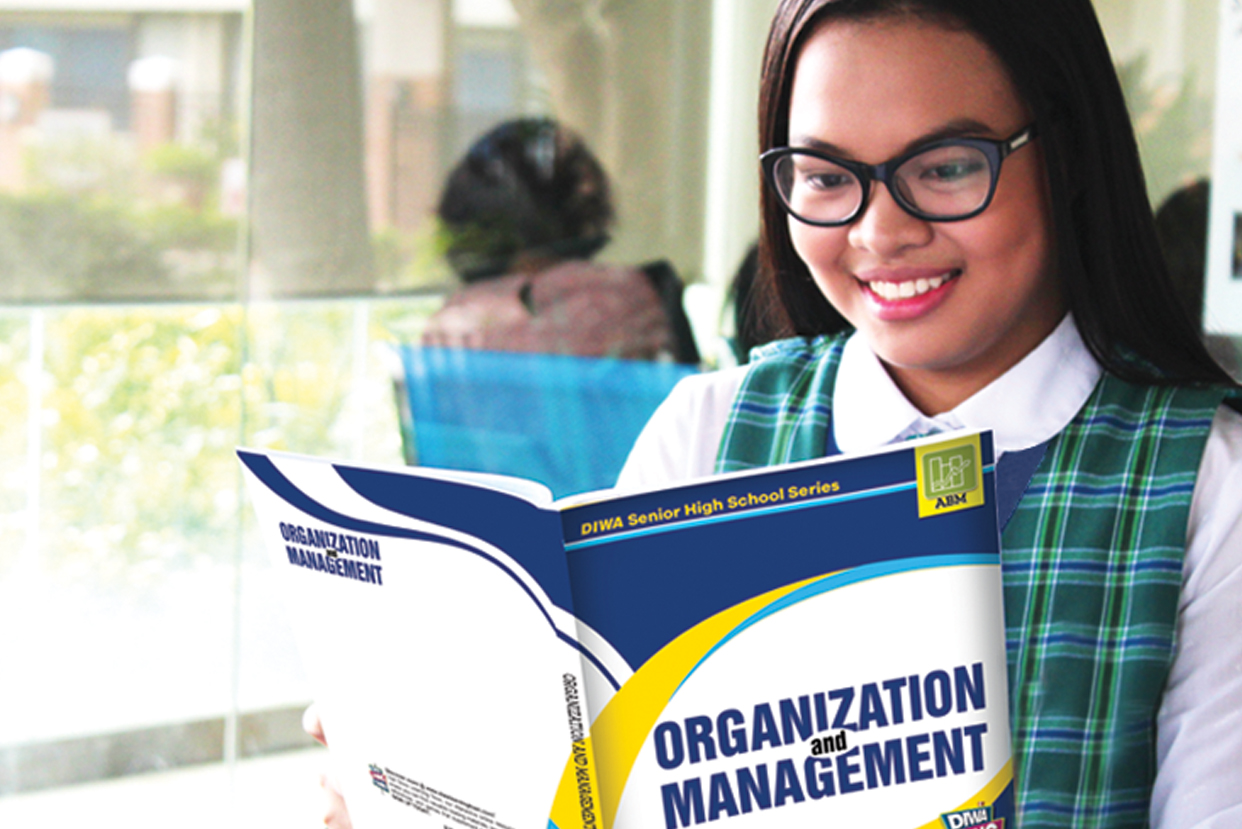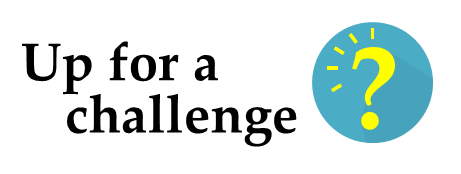Be a lifelong learner in work and business
by Rachel A. Quero, PhD

Lifelong learning may be called a policy, strategy, and mindset that encourage all individuals ---regardless of age, socio-economic background, and personal characteristics -- to continue learning. Lifelong learning drives individuals to acquire new skills, develop competencies, and enhance personality and character. Learning can occur in a formal school or in any setting that enables one to apply knowledge and skills to real life situations. In lifelong learning, a person is self-motivated to continuously improve to benefit the community and society.
Lifelong learning is an implicit goal of “Organization and Management”, a textbook that is part of Diwa’s Senior High School Series. It discusses concepts, principles, theories and practices centered on the four management functions, namely planning, organizing, leading, and controlling (POLC), which are principles that are very useful in every human endeavor that is driven by a purpose.
Management exercises to foster lifelong learning
The textbook’s management exercises allow students to apply the concepts, principles, and theories they have read. For example, as aid in planning, students learn how to prepare a work plan. These are tools students can always use whenever they prepare for a project, program, or an event. Also, these exercises allow students to role play, giving them an opportunity to act and think like an entrepreneur conducting a Strengths, Weaknesses, Threats, and Opportunities (SWOT) analysis on their enterprise. The SWOT analysis, as an environmental scanning tool, helps students assess the potentials and challenges of any given business or project.
The management exercises are aligned to develop 21st century skills that the growing global economy and knowledge-based environment specifically require. These skills are prioritizing, planning, and managing for results, adaptability, managing complexity, and self-direction, curiosity, creativity, and risk taking. The exercises also help develop one’s sense of personal, social, and civic responsibility.
Using technology to promote collaboration
The textbook enhances the skills of students to search and retrieve information in timely manner using the internet. Students extend their knowledge and understanding of a given topic by going online to widen their perspectives. As students become more proficient in computer applications, they broaden their opportunity to collaborate with leaders and prominent figures in the industry.
Free learning is part of lifelong learning. Students can access free learning through instructional videos that promote lifelong learning. Online resources enable students to gain access to additional reference materials.
Organization and Management fosters the case analysis method which enables students to apply their learning in actual business settings. Background on selected companies can be accessed from the company website. Other online reference materials consist of videos and articles about companies and business leaders.
Developing self-reflection in lifelong learners
The capacity to be mindful of things and events as they occur develops self–reflection. All modules in the textbook advocate self-reflection to deepen one’s understanding of management and life in general.
The textbook serves as a “companion guide” to help students become lifelong learners, regardless whether they choose to pursue higher education, start their own business, or work in any type of organization. The textbook is essentially a useful guide on how to be smart in business and work.
Organization and Management contains universal concepts and principles embodied in POLC, and offers practical guides that anyone can easily relate to in their own daily activities. The sequence of topics gradually enlightens readers with concepts, principles, cases, and applications of management, such as manufacturing, service, and non-business settings.
Creating well rounded future leaders
By providing web-based resources for topic discussions, individual reflections, group and collaborative activities, and extended learning exercises, the textbook sharpens not just lifelong learning skills, but a slew of other 21st century skills that are essential in a growing global economy and knowledge-based environment. The textbook is a rich educational resource of technology applications in management, inventory management, project planning, environmental scanning, and various other management processes.
With Organization and Management, young learners are introduced to the challenges and opportunities in management. Whether they aspire to become future corporate executives, government officers, entrepreneurs, or non-government organization (NGO) leaders, the textbook will help them learn the principles and techniques in managing organizations.
For further reading:
50 Must-Download Apps for Lifelong Learners –Edudemic
25 Practices That Foster Lifelong Learning – OpenColleges
How to Promote Lifelong Learning Using Technology – Career Addict

5 ways to foster lifelong learning in students using technology
Connect with smart people: Suggest forums or online communities where students can learn from people who share their interest, be it gadgets, travel, sports, or writing.
Push creativity: The internet, even the PC alone, offers a myriad of ways to help students practice what they are learning. Technology is designed to facilitate creation.
Keep up with the apps: Learning need not stop once class ends. A plethora of apps are out there ready to dispense nuggets of wisdom on a PC or smart phone every day.
Filter information: The internet overflows with information, and a lot of it is unreliable. Allow students to spend time thinking through ideas they’ve learned.
Set up regular reminders: Be sure students remember to watch that lecture video, or to put their new ideas to the test by asking them to set up a reminder on their PC’s or phone’s calendar app.

Ask a student or a co-teacher how you inspire him or her to be a lifelong learner. Be specific. Is it through a certain activity, online resource, or some other unique way?
Post your answer on Diwa Facebook page with the hashtag #QTIdeaBox.

